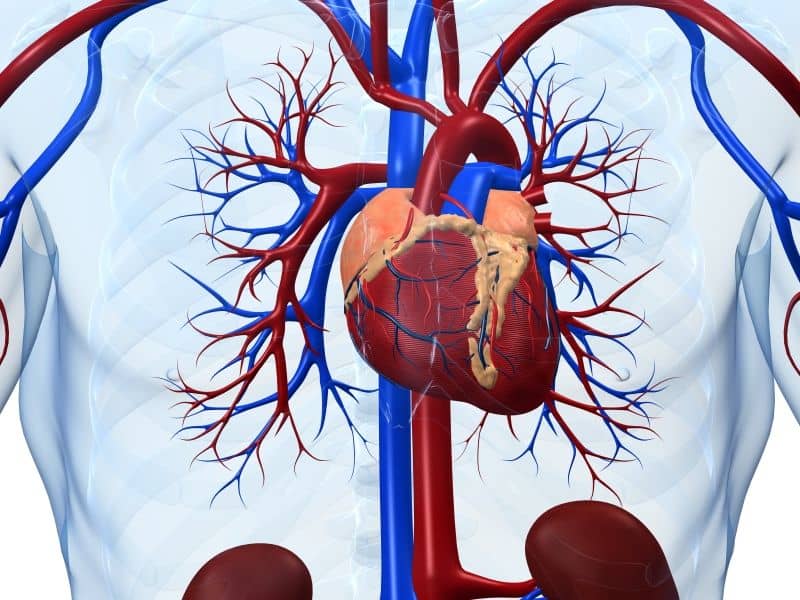The development of postoperative pneumonia following cardiac surgery is associated with significant morbidity and mortality. However, seasonal variation as a risk factor for the development of postoperative pneumonia remains to be investigated. We sought to investigate whether patients undergoing coronary artery bypass grafting (CABG) during “flu season” (Fall and Winter months) at increased risk of postoperative pneumonia.
A retrospective cohort study of patients undergoing CABG in the National Inpatient Sample between 2005 and 2015 was completed. Concomitant diagnosis of pneumonia was defined as the primary outcome. Secondary outcomes were defined to include pneumonia secondary to several known pathogens. Outcomes with significant differences between Fall/Winter and Spring/Summer groups were further analyzed with additive time series decomposition. Odds ratios were generated and adjusted for age, sex, elective status, and 29 other Agency for Healthcare Research and Quality comorbidity measures.
A total of 238 757 and 277 941 patients undergoing CABG during Fall/Winter and Spring/Summer, respectively, were identified. A significantly increased risk of postoperative pneumonia (adjusted odds ratio [aOR] = 1.15) and infection with influenza (aOR = 4.08), Haemophilus influenzae (aOR = 1.40), and Streptococcus pneumoniae (aOR = 1.47) was observed among patients receiving CABG in Q1 (January-March) compared to Q3 (July-September).
There is a strong seasonality in the incidence of postoperative pneumonia after CABG which may persist across other cardiothoracic surgeries. In addition to optimizing infection control and perioperative care, cardiac surgeons should consider preoperative vaccination against seasonal influenza, H. influenzae, and S. pneumoniae to improve outcomes among high-risk patients.
© 2020 Wiley Periodicals, Inc.
Seasonality of postoperative pneumonia after coronary artery bypass grafting: A national inpatient sample study.


